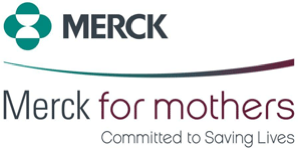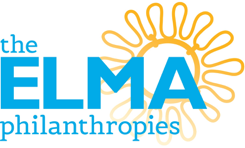MSA
Mothers’ Shelter Alliance Overview
In Zambia, about 1,800 women die annually from complications related to childbirth. Most of these deaths are preventable when women have access to quality maternal healthcare before, during, and after childbirth.
- In Zambia, many women live in remote communities, making it difficult for them to reach health facilities to give birth.
- To overcome this problem, mothers’ shelters— residences where pregnant women can stay until they go into labor and immediately after childbirth— have been used to bring women closer to quality delivery and postpartum care. However, many of them have fallen into disrepair and lack basics like beds or clean water.
The Mothers’ Shelter Alliance was developed to help women overcome distance challenges constructing community-managed, entrepreneurial mothers’ shelters.
- With investments from Merck for Mothers, the Bill and Melinda Gates Foundation and The ELMA foundation the Mothers’ Shelter Alliance was established partnering Africare, University of Michigan, Boston University and Development for a three-year, $11 million project, to 1) upgrade 24 mothers’ shelters linked to high-quality health facilities, 2) support local communities to effectively manage the shelters and 3) test a variety of income-generating activities to promote their long-term financial sustainability.
- The ZAMs Project, a partnership between Africare and the University of Michigan, is implementing in Luapula Province (Mansa and Chembe Districts) and Eastern Province (Lundazi District). The MAHMAZ Project, a partnership between Boston University and Right to Care Zambia, are implementing this initiative in Southern Province (Choma, Kalomo, Zimba, and Pemba Districts) and Eastern Province (Nyimba District).
The MAHMAZ Project will conduct rigorous impact evaluation to help the maternal health field answer a long-standing question—whether mothers’ shelters can be both an effective and sustainable solution to overcoming distance barriers to timely, quality maternal health care. The program aims to produce replicable and actionable results that can inform the efforts of policymakers in Zambia and elsewhere to improve maternal and newborn health through larger-scale implementation of mothers’ shelters.




